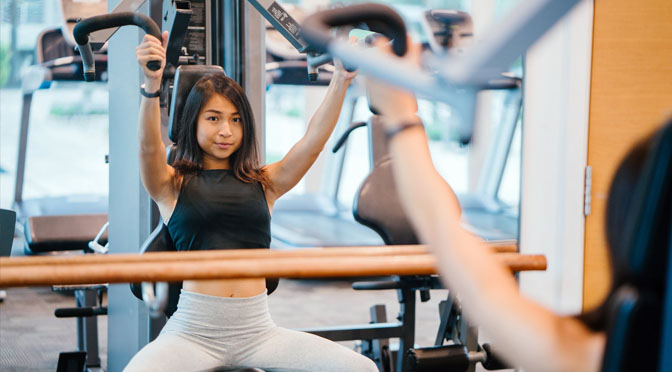As you grow older, an active lifestyle is more important than ever! Regular exercise can help boost energy, maintain your independence, and manage symptoms of illness or pain. Exercise can even reverse some of the symptoms of aging. Furthermore, exercise is not only good for your body, but it is also good for your heart, mood, and memory. Whether you are generally healthy or are managing an illness, there are plenty of ways to get more active, improve confidence, and boost your fitness.
No matter your age or your current physical condition, you can benefit from exercise. Reaping the rewards of exercise does not require strenuous workouts or trips to the gym. It is about adding more movement and activity to your life, even in small ways.
The most rewarding part of beginning a fitness routine is noticing the difference it makes in the rest of your life. Even if you begin exercising with a few simple stretches while seated or a walk around the block, you will notice an improvement in how you feel as you go about your day.
Even if you are frail or chair-bound, you can still experience the mood-boosting effects of exercise. Chair-bound adults can improve fitness with strength training, flexibility, and even some cardio activities. If being chair-bound has prevented you from trying exercise in the past, take heart knowing that when you become more physically active, the results will amaze you.
Take into account, the heart needs exercise just like any other muscle. Muscles that are utilized regularly become stronger and healthier, whereas muscles that are not used weaken and atrophy. When exercised, the heart can pump more blood through the body and continue working at optimal efficiency with little strain. This will likely help the heart stay healthier longer. Moreover, regular exercise also helps to keep arteries and other blood vessels flexible, ensuring good blood flow and normal blood pressure.
Exercising thirty minutes a day, five times a week will improve your heart health and help reduce your risk for a multiple of diseases. They define “physical activity” as anything that makes you move your body and burn calories. Examples include: climbing stairs, playing sports, walking, jogging, swimming, biking, and the list goes on.
It is always beneficial to have a work out buddy, whether it is your partner, a friend or in a group setting. There are numerous classes and support groups that can help you stay focused on short-term goals especially if you dread to workout. The key is to enjoy what you are doing and make it fun!
No matter what you do, all studies indicate that some exercise is better than none. Just make sure you get medical clearance from your doctor before starting any exercise program, consider any health concerns, start slow, commit to a schedule, stay motivated by focusing on short-term goals, and recognize problems if any should occur.
The best thing about working out is that it gives you energy for more activities. When it becomes habit, you will never want to give it up!

